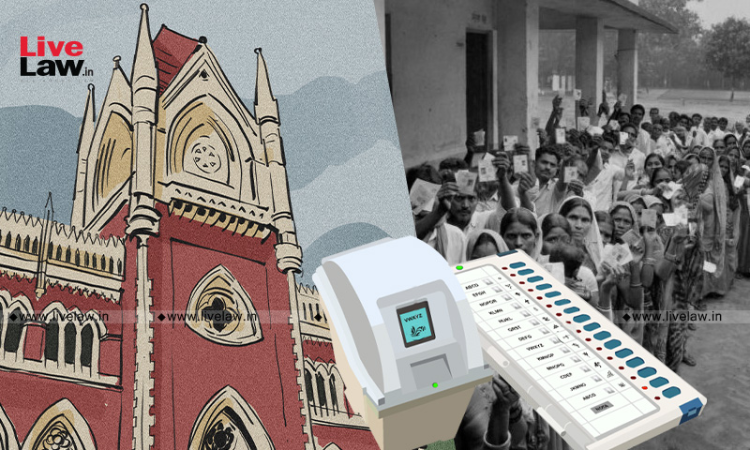In petitions concerning the upcoming Panchayat elections in West Bengal, the Calcutta High Court today asked the State Election Commission (SEC) if the polling date can be pushed further to grant sufficient time to candidates for filing nominations.The division bench of Chief Justice Sivagnaman and Justice Hiranmay Bhattcharya had last week said that five days time provided for filing...

